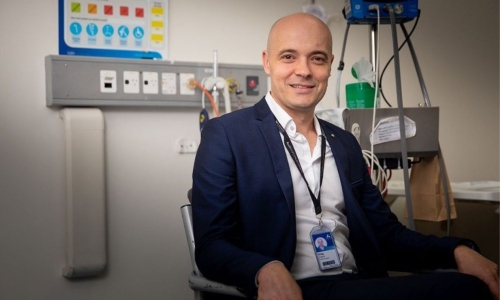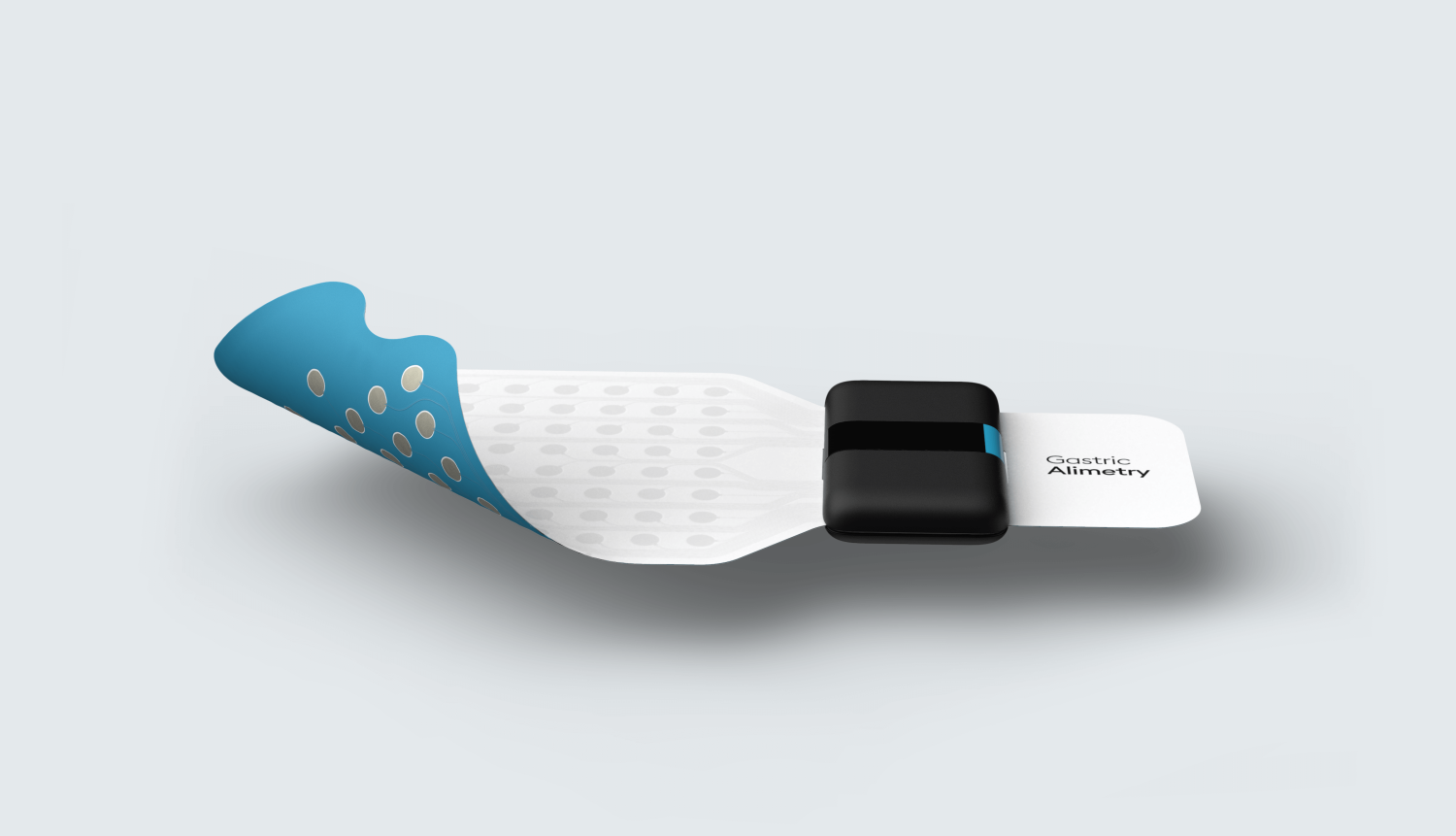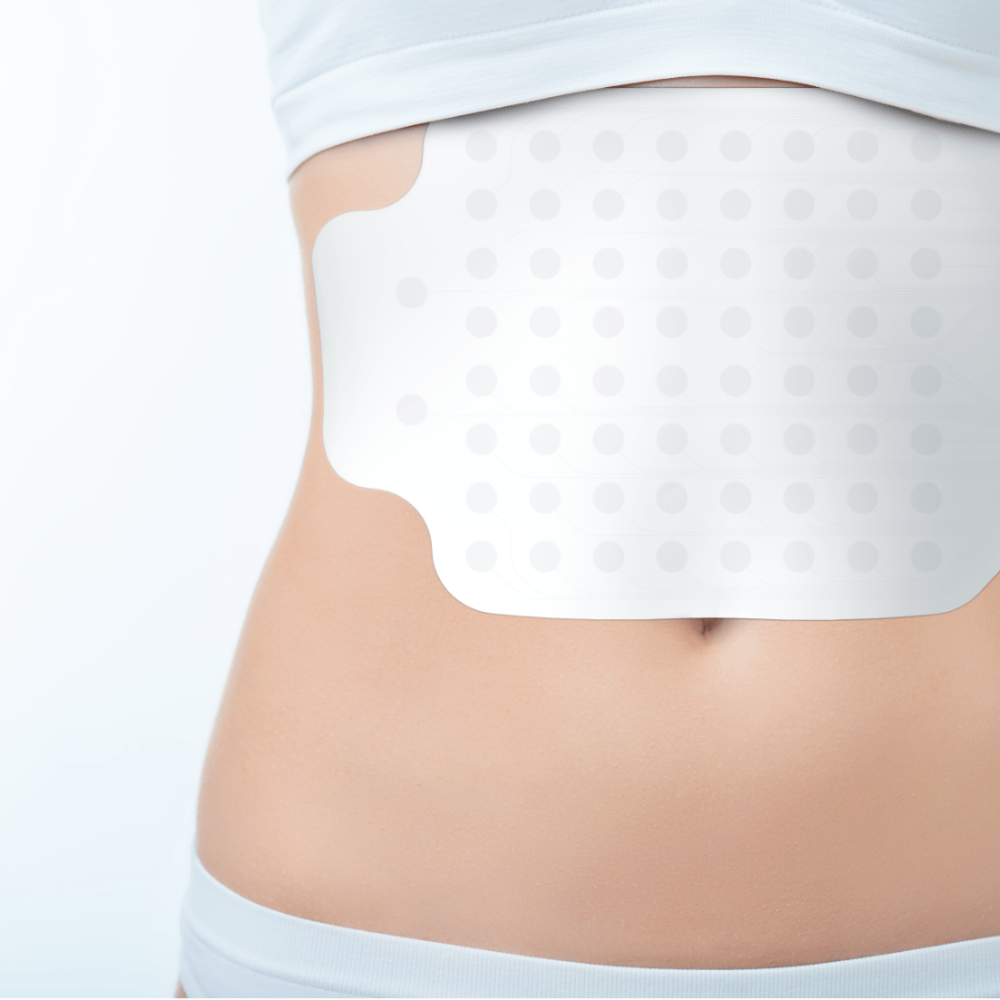How did he get from surgeon to serial entrepreneur? It’s been a journey involving a sense of purpose, some help from the tech ecosystem surrounding the University of Auckland | Waipapa Taumata Rau, and a lot of hard work.
The entrepreneurial spark
O’Grady’s first exposure to entrepreneurship came when he was doing his PhD in surgery and bioengineering. Prior to that, he’d been focused on medicine, but his studies led him to compete in the University of Auckland’s Velocity $100K Challenge in the early 2010s. His team pitched a much earlier and invasive precursor of the Gastric Alimetry device and won a prize.
O’Grady was also exposed to the entrepreneurial mindset at the Auckland Bioengineering Institute (ABI), which has a long track record of spinning out companies.
“That combination of experiences fostered the idea that companies can be a great way to have impact through your research,” says O’Grady.
While Velocity does run programmes to help turn prize-winning ideas into businesses, neither Alimetry nor The Insides Company are the direct result of these programmes. Nonetheless, he credits Velocity with helping him learn skills such as developing a business plan and planting the seed that led to Alimetry. As a professor today, he often points students to the programme.
Developing products instead of papers
After completing his PhD, O’Grady went on to become a surgical fellow, first in Auckland then in Australia. It wasn’t long after he returned to New Zealand in 2017 as a fully-fledged consultant general and colorectal surgeon and associate professor of surgery that he co-founded Surgical Design Studio, which would become The Insides Company.
“When I came back to Auckland, I started to feel a bit dissatisfied with publishing results in engineering journals about medical devices but not having them go anywhere,” says O’Grady.
“So I pitched this idea to the University that I would start a surgical engineering lab where we would develop products instead of papers.”


